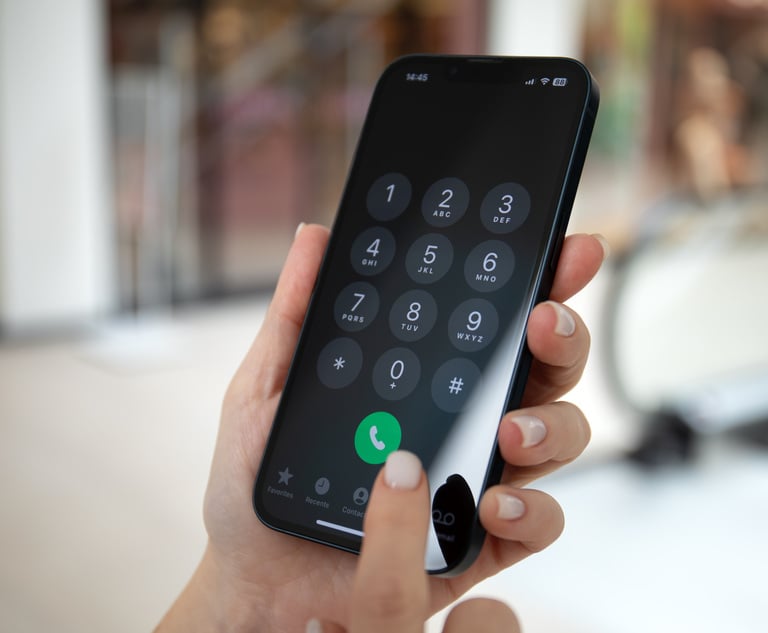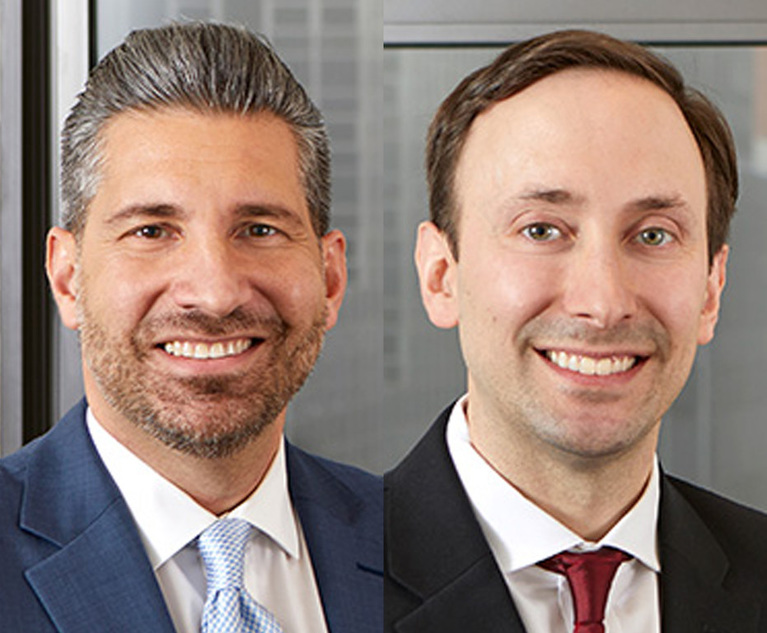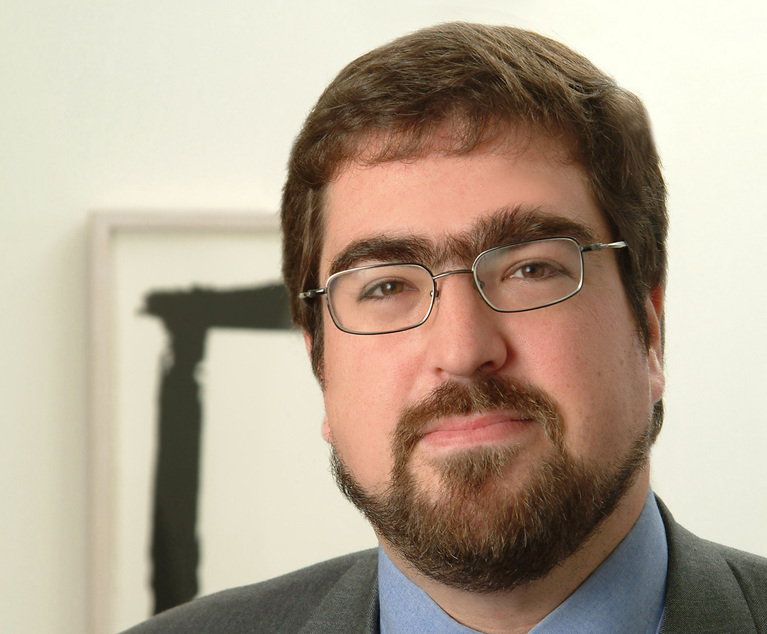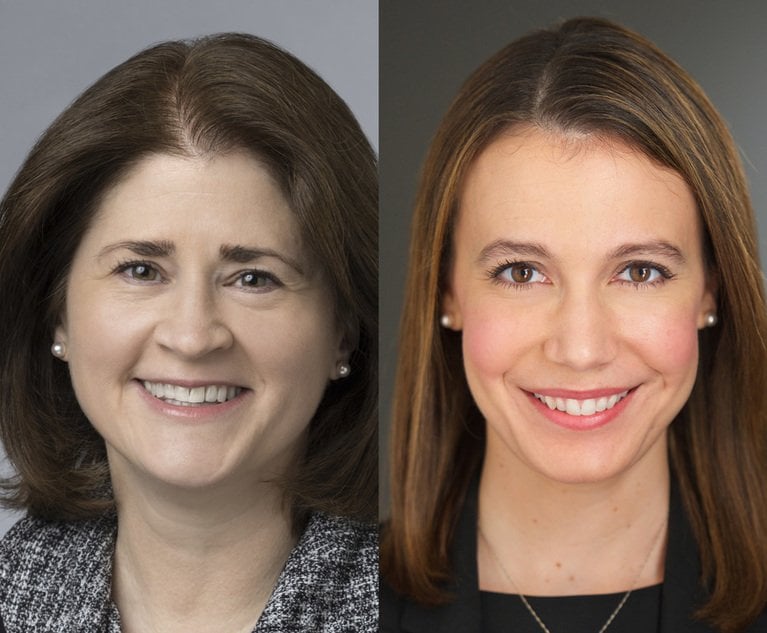In July 2023, high-tech, silver spheres began appearing in cities around the world, offering users the chance to have their retinas scanned in return for a few dollars’ worth of a new cryptocurrency token from a company called Worldcoin. The company has faced substantial skepticism, and its technology and business model have sparked debate across a host of different areas, including privacy, accessibility, security, business ethics, centralization and governmental oversight.
But the fundamental problem Worldcoin is trying to solve is an extremely important one. Worldcoin does not consider itself simply a cryptocurrency platform: it wants to create a unique, verifiable digital identity for all individuals based on “proof of personhood.” Proof of personhood is tech-speak for the idea of verifying that there is an actual human being at the other end of a computer-mediated transaction. Worldcoin and its competitors are attempting to answer an increasingly serious challenge: how can we be sure that the person we are communicating with is the person we think they are—or (in a world of convincing generative AI) even a person at all?
This content has been archived. It is available through our partners, LexisNexis® and Bloomberg Law.
To view this content, please continue to their sites.
Not a Lexis Subscriber?
Subscribe Now
Not a Bloomberg Law Subscriber?
Subscribe Now
LexisNexis® and Bloomberg Law are third party online distributors of the broad collection of current and archived versions of ALM's legal news publications. LexisNexis® and Bloomberg Law customers are able to access and use ALM's content, including content from the National Law Journal, The American Lawyer, Legaltech News, The New York Law Journal, and Corporate Counsel, as well as other sources of legal information.
For questions call 1-877-256-2472 or contact us at [email protected]


 Photo: Denys Prykhodov/Adobe Stock
Photo: Denys Prykhodov/Adobe Stock




